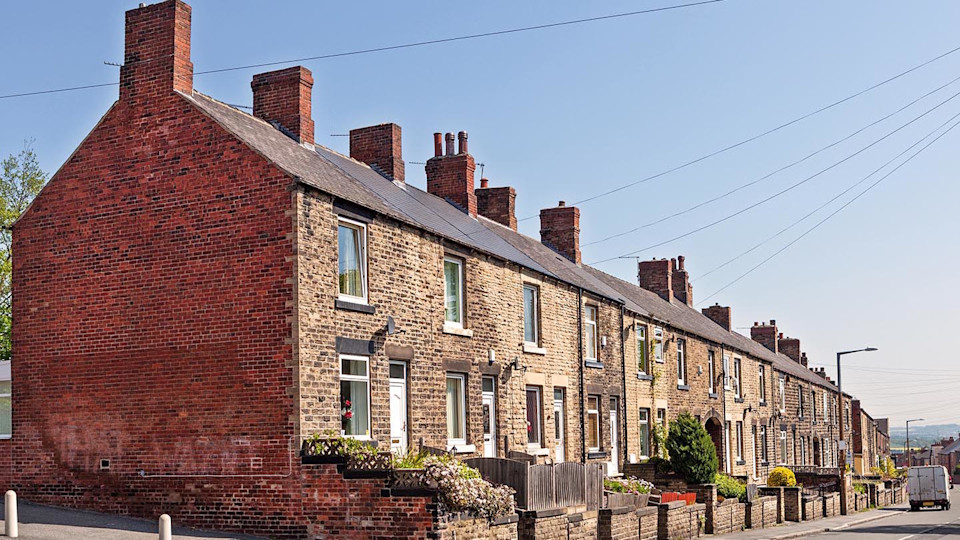
Dispute resolution
How to handle a dispute with your neighbour
Nuisance neighbours can cause misery for anyone living nearby. To discover just how widespread conflict with neighbours is and find out what the common causes are we have commissioned research.
How should you approach disputes about cutting down trees and hedges?
If your neighbour is planning to cut down trees or hedges and you are opposed to it then you can contact your local authority and check with them to see if the trees or hedges in question are protected. It might be that there is a ‘preservation order’ on the trees or bushes.
A Tree Preservation Order makes it illegal to cut down, uproot, top, lop, cut the roots or wilfully damage a specific tree/group of trees or woodlands without written consent from the local planning authority.
The local authority also has power in relation to dangerous trees. So if the tree in question can be deemed dangerous then they might be able to get involved – helping to resolve the dispute.
Your neighbour is not permitted to cut down trees or hedges which are in your property, however if there are trees and hedges in your property that overhang theirs then provided they are not protected they can cut down the overhanging branches.
What happens if your neighbour makes changes to a their property?
If your neighbour makes a change to their property which you dislike the first step you should take is to go the local authority and check with them if they have planning permission for what they have done. The same applies to any changes they are proposing to make to their property – speak with your local authority and check as to whether they have the planning permission to carry out the changes they wish to make to their property. It may be that planning permission is not always required.
If you get involved in a dispute with your neighbour then the best thing to do is try and resolve it amicably by speaking openly with each other. However, this is not always possible and in some cases, you will need to contact a property lawyer in order to resolve the argument.
When should you contact a residential property lawyer?
It is worth contacting a residential property lawyer if you have a dispute with your neighbour in relation to boundaries or plans for building works and you are unable to resolve the issue directly with your neighbour.
In some cases where there are ‘permitted development rights’, there will be a number of options for building home improvements which do not require planning permission. You must be very careful because permitted development rights won’t apply to some properties and can be removed in certain areas.
Your lawyer will be able to review all the facts and speak to their lawyer to resolve the issue and if this is unsuccessful they will advise you whether or not you would be able to take the matter to court to reach a resolution.
Contact us
To find a resolution to your neighbourly dispute call the residential property lawyers at Slater and Gordon on 0330 041 5869 or contact us online and we will call you.
All information was correct at the time of publication.



